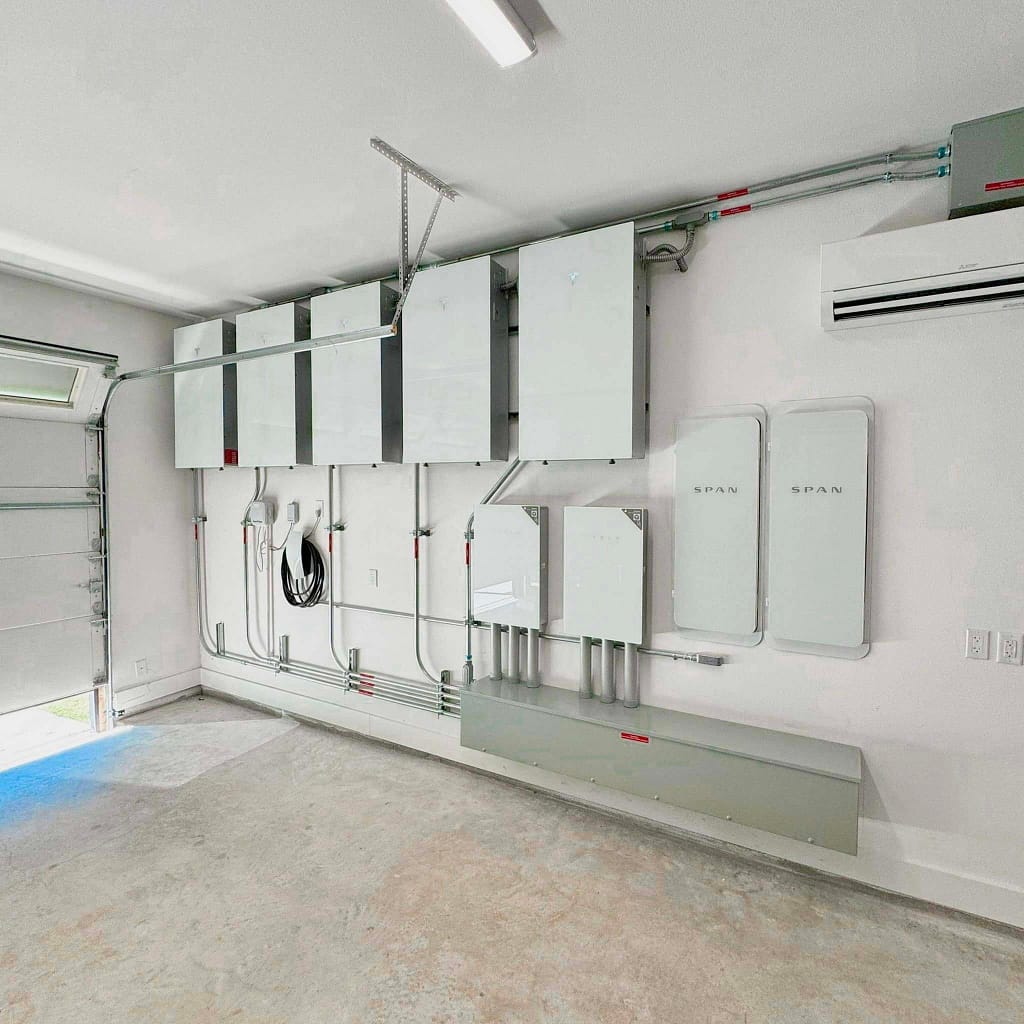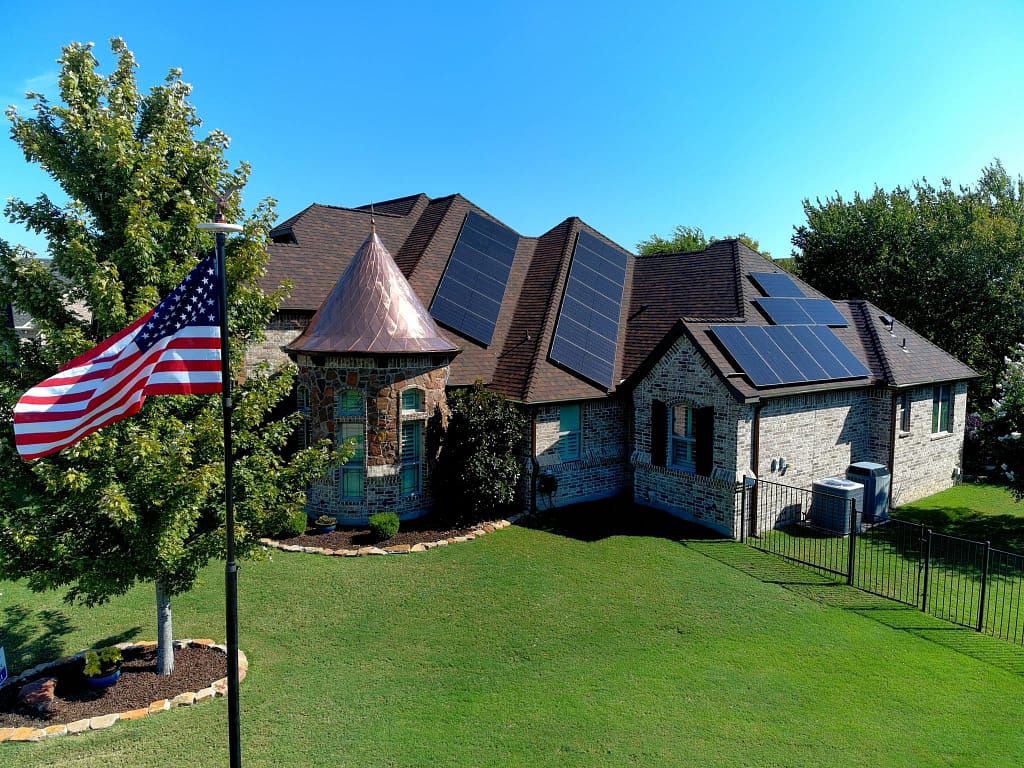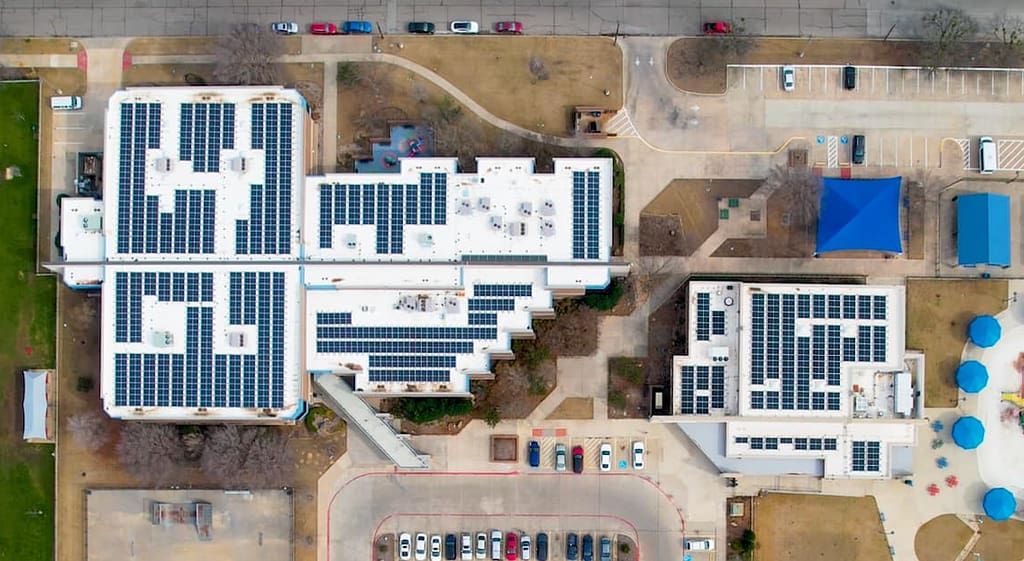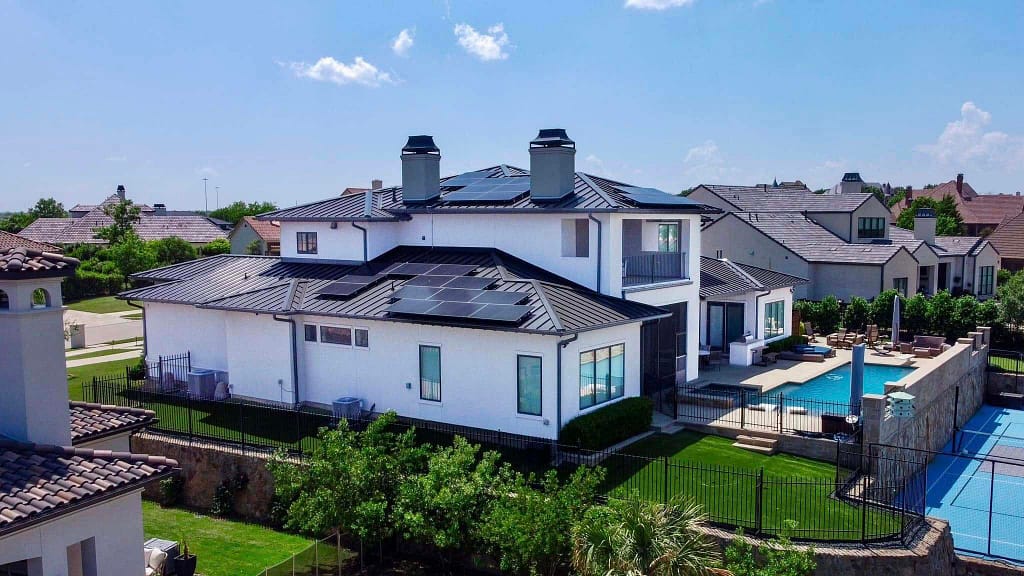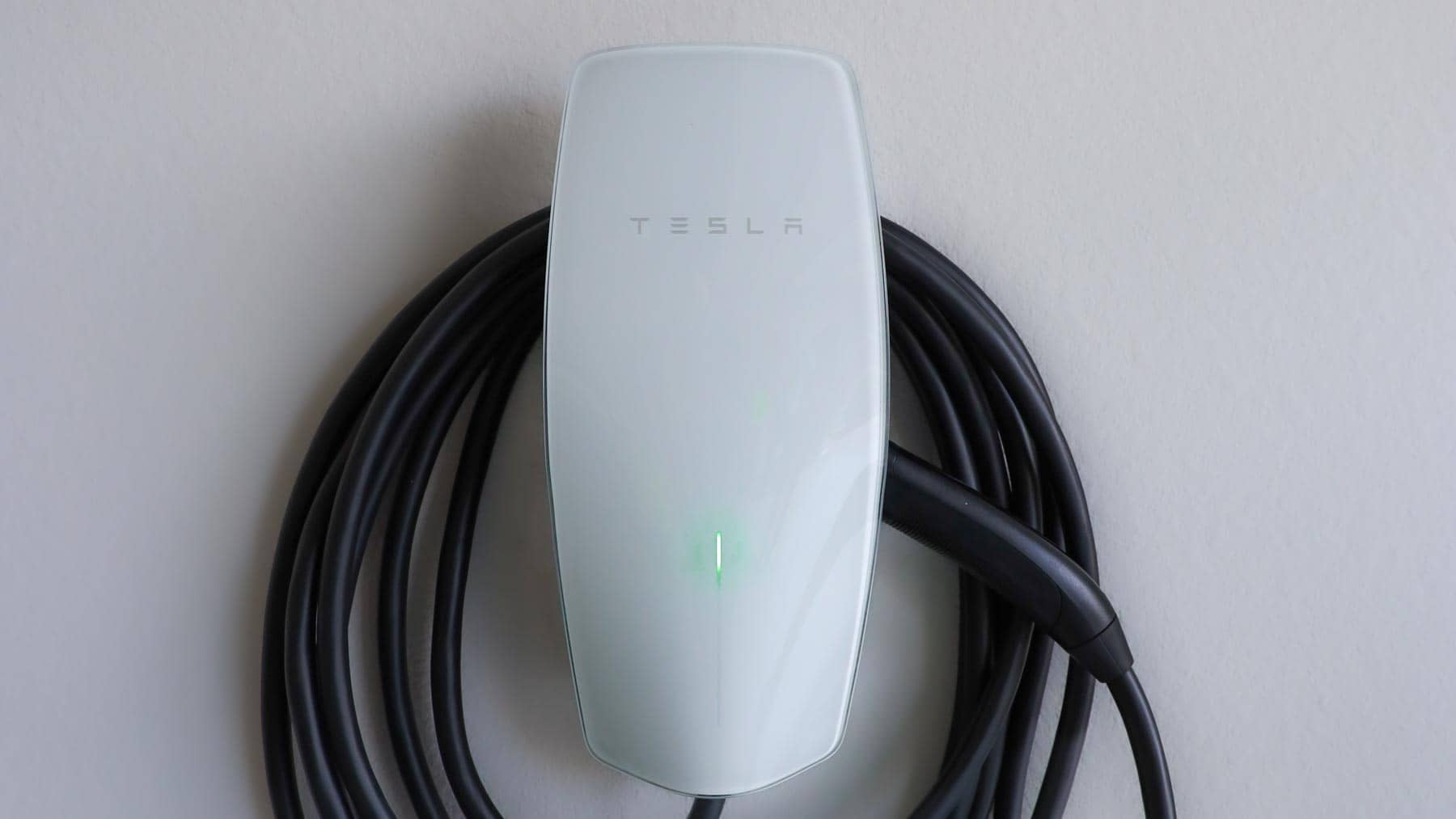
Texas EV Charger Installation
Texas Residential EV Charger Installer
Good Faith Energy is the top-rated solar, energy storage, and EV charging installation company in North Texas. With over 1,000 EV chargers installed to date, we deliver high-quality, no-compromise charging solutions for electric cars, SUVs, and trucks.
Please note: our EV charger installation services are available exclusively as part of solar, Tesla Powerwall, or SPAN system installations. As a trusted, licensed, and insured provider, we proudly serve the DFW community with unparalleled expertise and reliability.”
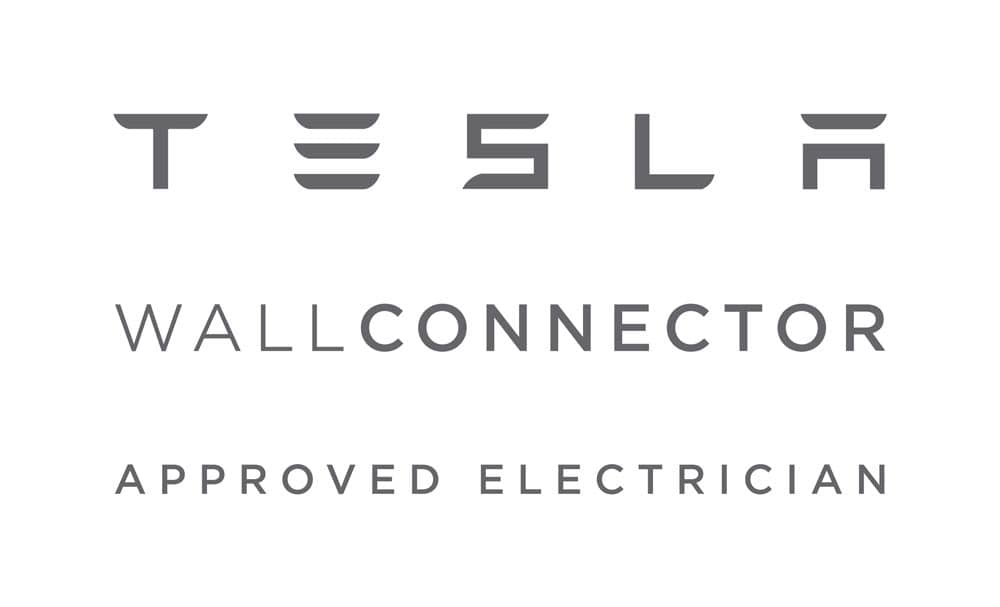
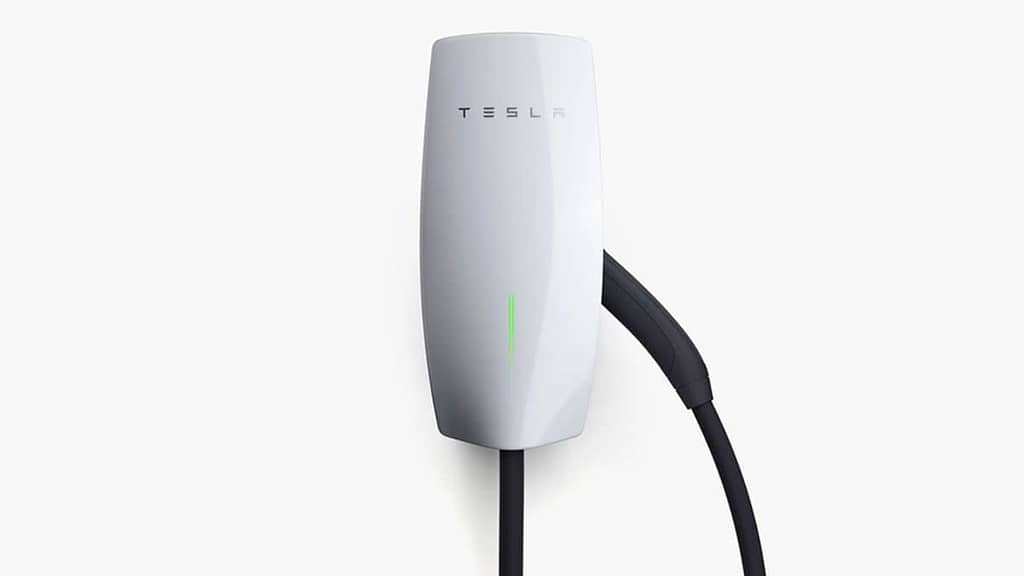
Home EV Charger Installation
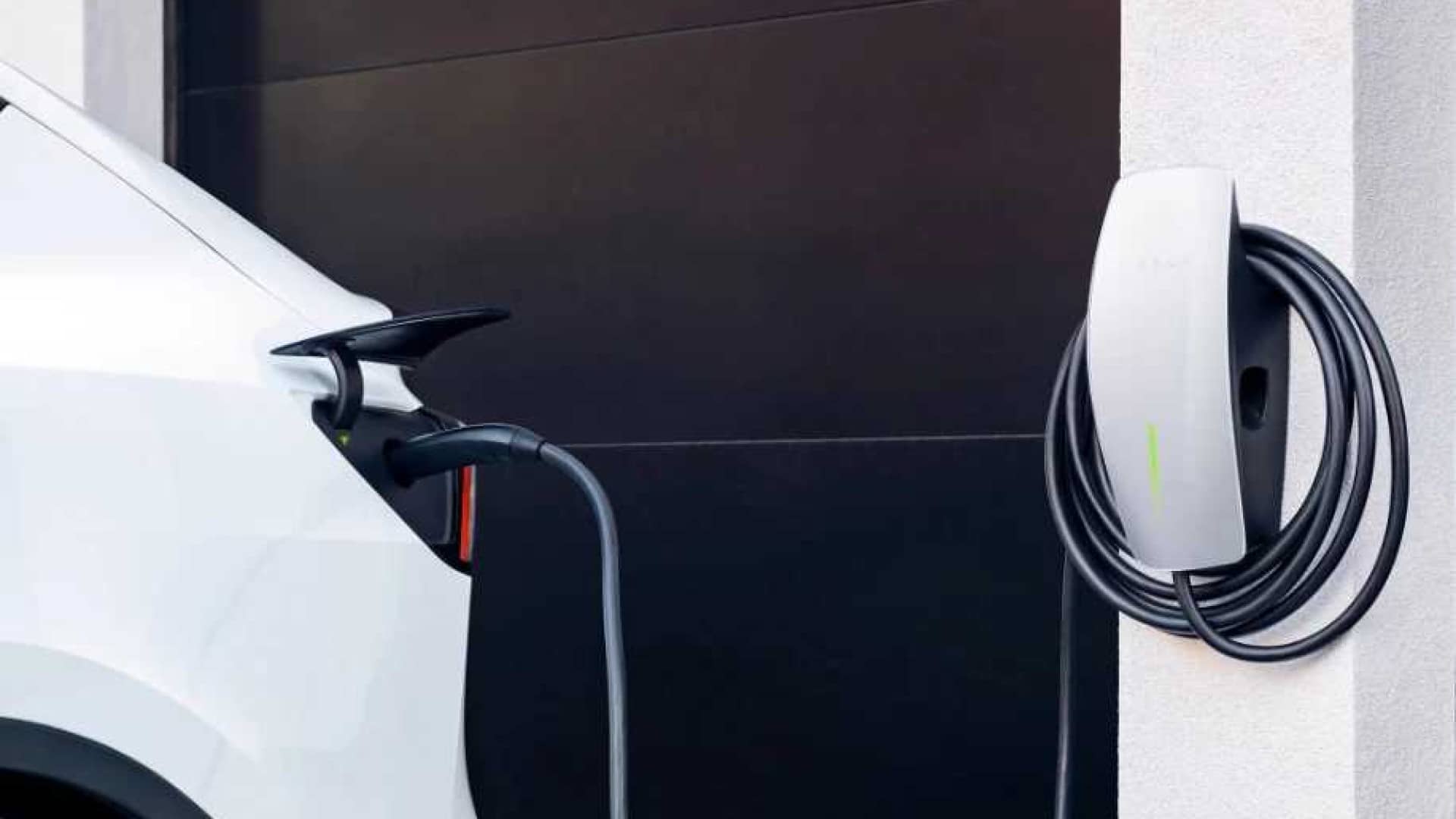
Good Faith Energy is now installing Level 2 EV Chargers including The Tesla Wall Connector in both the Tesla exclusive version as well as the universal version for other auto manufacturers, as well as the SPAN Drive EV Charger, and the universal NEMA 14-50.
At Good Faith Energy, we pride ourselves on only installing the highest quality products that will bring you the greatest customer experience as well as the least chance of failure in the future. We source our products so that you do not have to worry about trying to figure out which product might work the best. That will allow you to focus on the best part of owning an EV – driving the EV!
Currently, we are installing electric vehicle chargers in North Texas including: Dallas, Fort Worth Worth, Frisco, McKinney, Southlake, Addison, Rockwall, Plano, Allen, Fairview, Richardson, Prosper, Melissa, Anna, Flowermound, Richardson, Garland, Mesquite, Euless, Carrollton, Farmers Branch, Grapevine, and more.
Trusted EV Charging Service
Shopping for an EV Charger Installer can be a daunting process. It may seem rather simple, but it is important to know that EV Chargers use very high current electrical circuits that can be very costly if mistakes are made.
Our team prioritizes the highest quality EV Charger installation process as well as the highest quality commercial grade components.
Have a problem with an EV Charger at your home or business? No problem. Fill out a service ticket, and we will get you squared away whether we installed the charger or not!
We appreciate the opportunity to earn your business and hope to serve you for many decades to come.
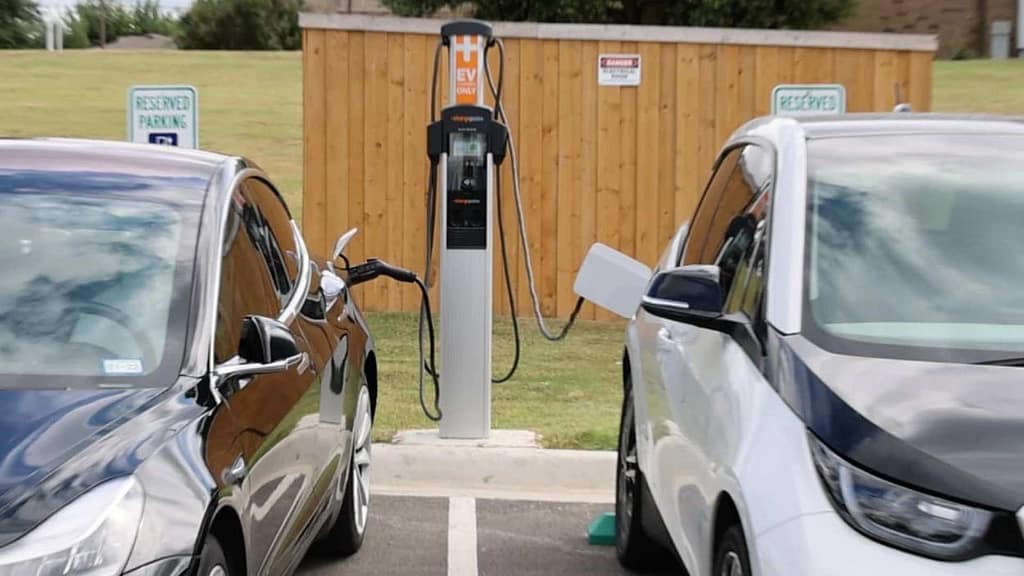
Commercial EV Charger Installation Services
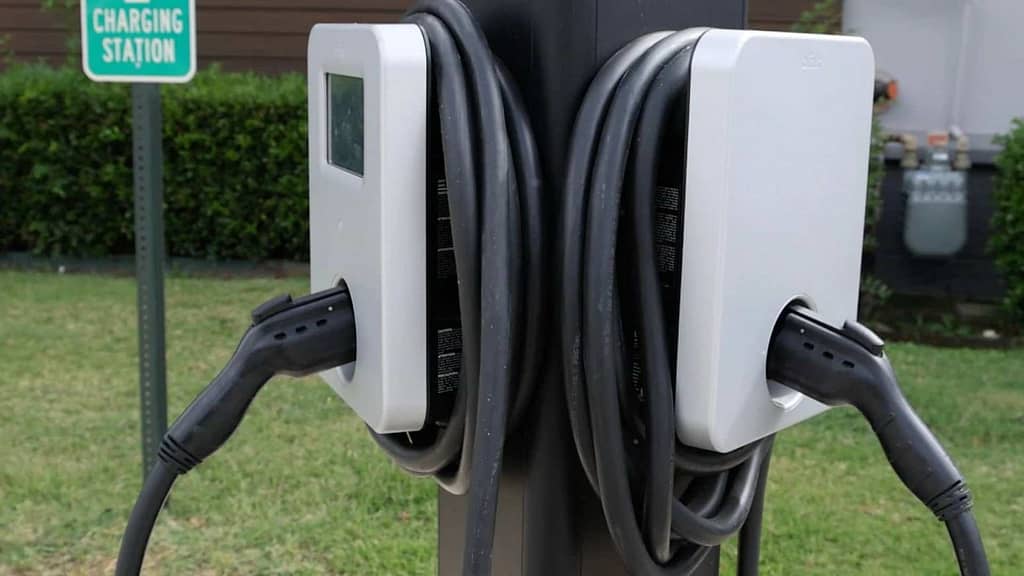
We offer Level 2 and Level 3 Commercial Electric Vehicle Charging installations in Texas. We have installed several high quality commercial grade EV Chargers for business and EV Manufacturers like Rivian and more.
The commercial EV Charger may qualify for local tax credits where available, this can help with EV charging deployment at your business. Also, depending on where you live in Texas, some Electrical Providers offer local utility incentives as well. Be sure to consult with your accountant or the person that handles your taxes to see if you qualify.
Want to Charge on Sunshine?
Harness the world’s cleanest energy source—sunshine—to power your electric vehicle. By pairing your EV with a solar system from Good Faith Energy, you benefit from top-notch design, engineering, and solar installation by the highest-rated solar contractor in Texas.
Our solar EV charging systems are perfect for powering any electric vehicle, including models from Tesla, Rivian, Ford, GM, Mercedes Benz, VW, Kia, and Hyundai. Embrace sustainable driving by charging your EV with solar power.
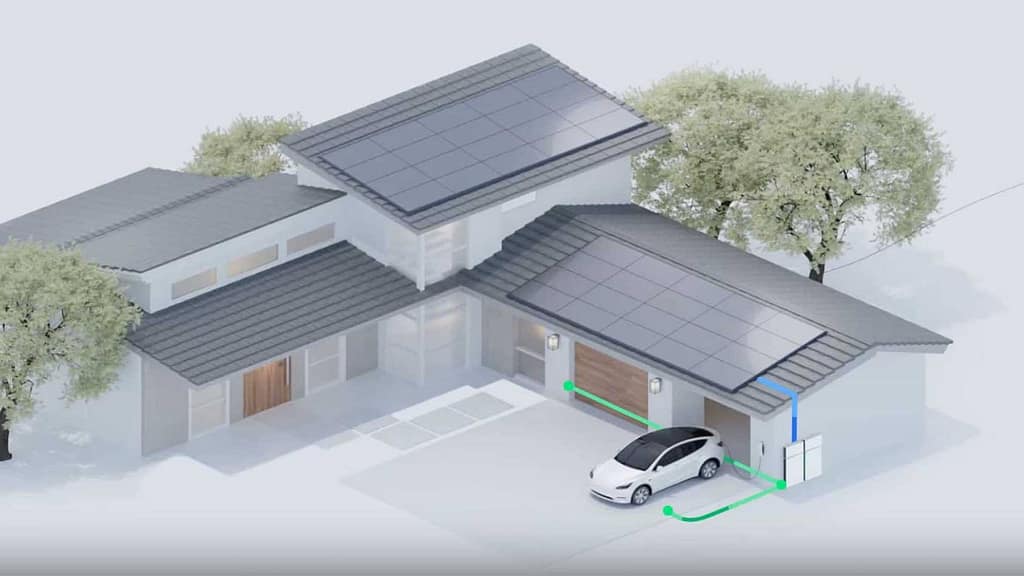
Get Unlimited Nighttime Charging with Tesla Electric
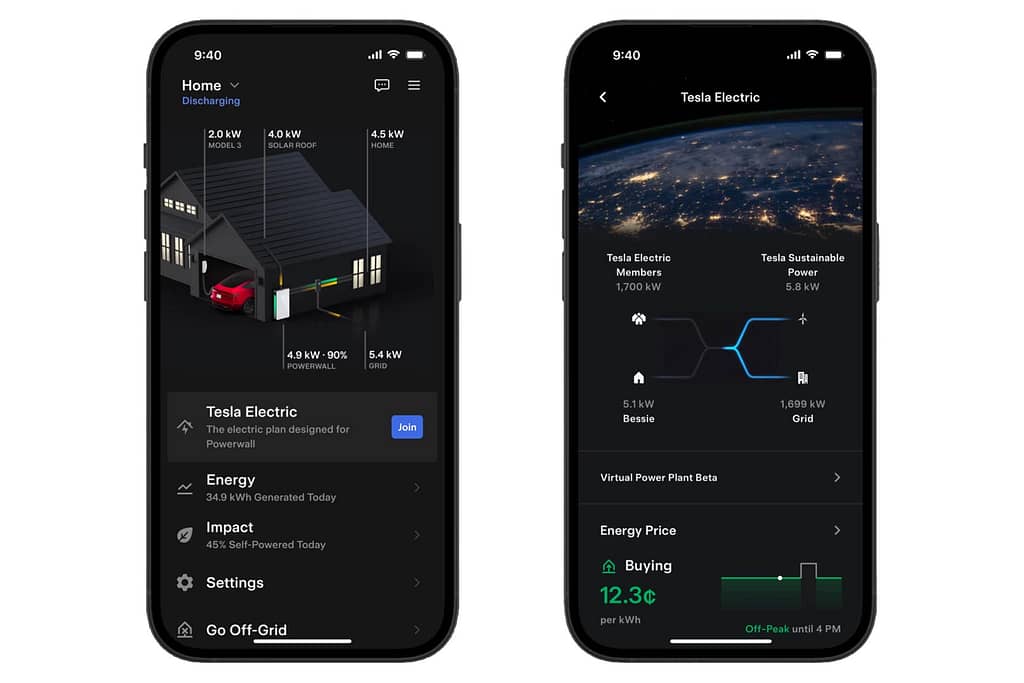
Unlock the full potential of your Powerwall with Tesla Electric, a leading choice for reducing electricity bills compared to other plans. Tesla Electric offers transparent pricing with no hidden fees or high base charges. Most solar buyback plans don’t allow the offsetting of base charges and fees with energy buyback credits, but Tesla Electric’s Sellback credits can be used to offset any charge. Starting now, new customers choosing Tesla Electric as their Retail Energy Provider will receive a guaranteed $400 in annual credits per Powerwall, credited monthly at over $33 per Powerwall.
For electric vehicle owners, Tesla Electric offers the added benefit of unlimited nighttime EV charging for less than $25 a month per vehicle. To qualify, customers must own a Tesla Powerwall and reside in one of Texas’s energy deregulated areas, which covers more than 85% of the state. Contact our solar consultants to see if your area qualifies and start saving today.
EV Charging FAQs
Surprisingly, keeping an electric vehicle (EV) charged is simpler than you might expect. Just plug in your car to your charger in the afternoon, and by morning, it will have a full charge.
Charge speeds vary. A typical charging session at home from a 110v outlet (a regular USA plug found in most buildings) can take a very long time. This is Level 1 Charging. However, a Level 2 Charger (or 240v outlet) is an upgrade that you can add to almost any breaker box, and is what 99% of EV drivers rely on. This will increase your charge speeds up to 25-50 miles of range added to the battery per hour. Level 3 Chargers are incredibly fast and will charge your EV to about 80% charge in 30 minutes.

Get a Quote:

